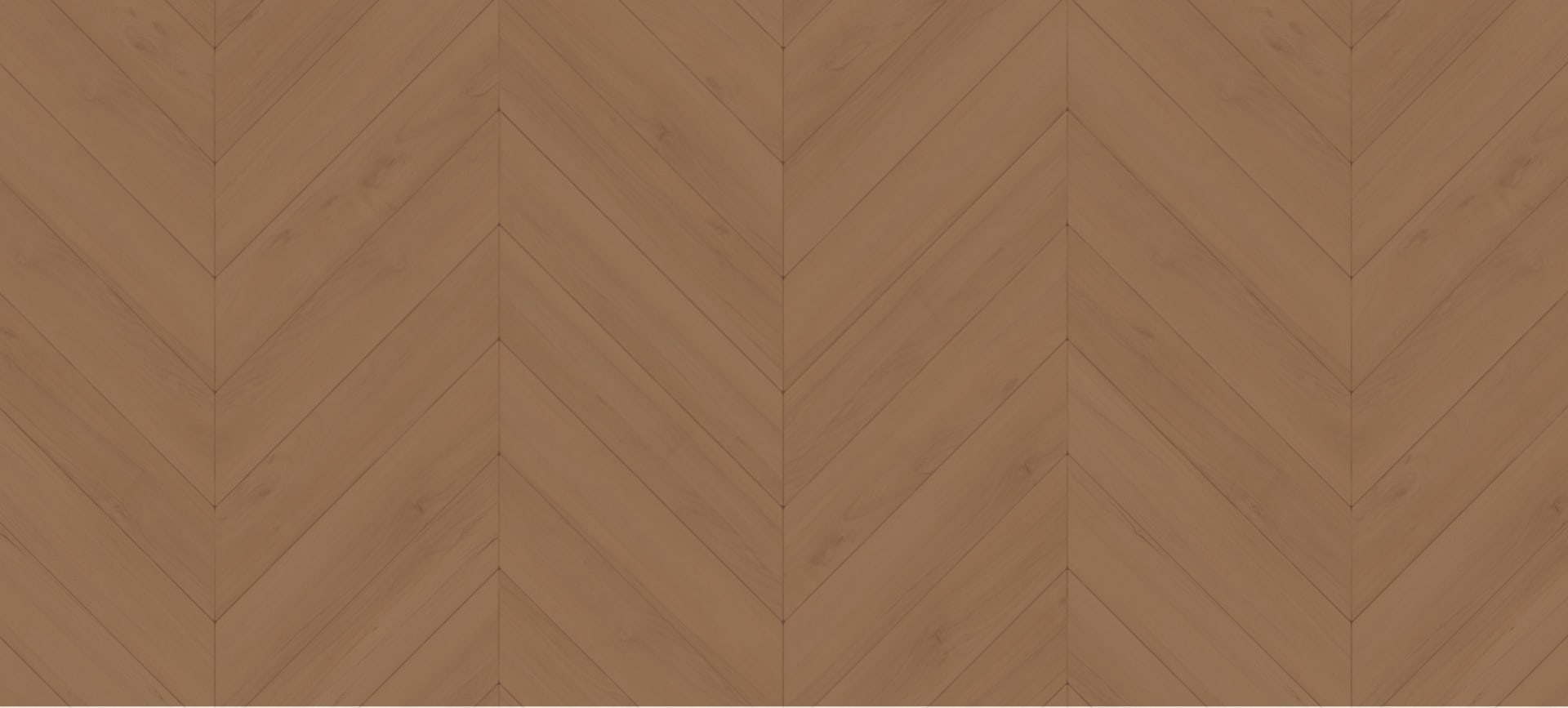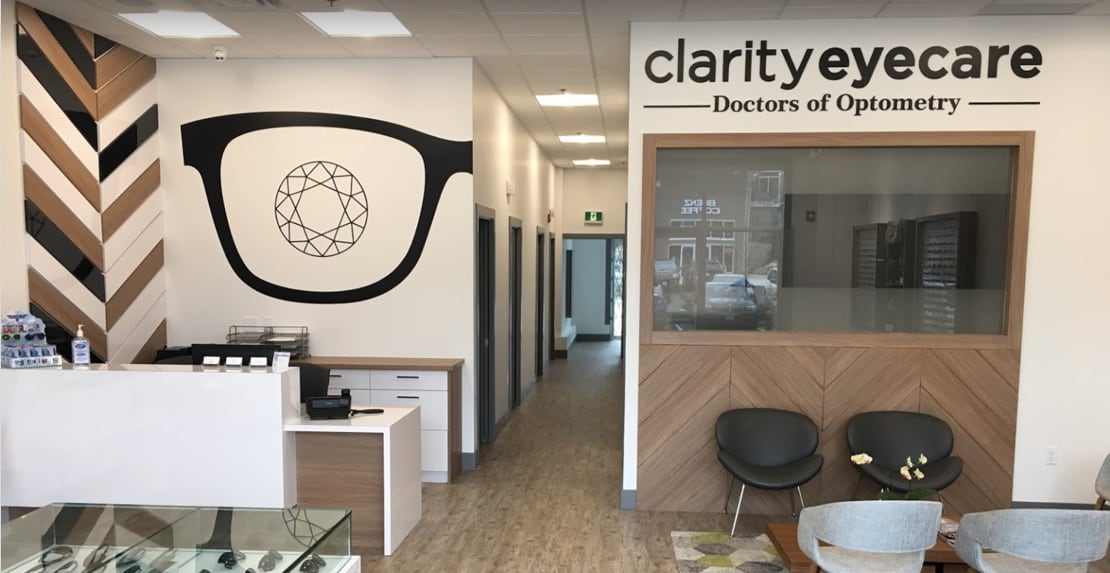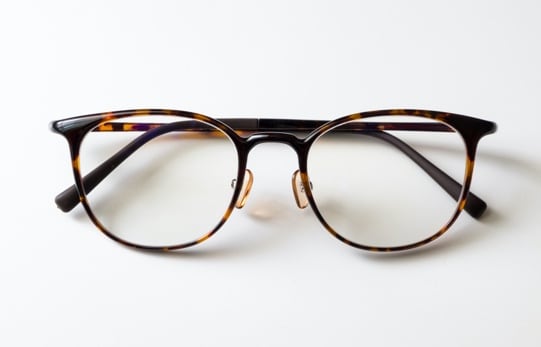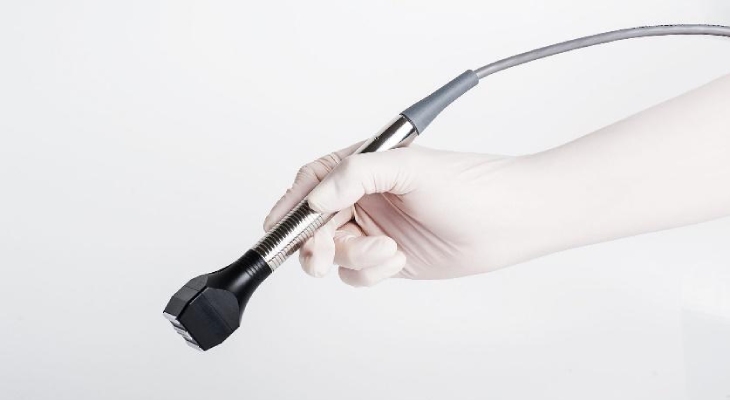Myopia Cases Are Rising Among Children
80% of your child’s learning happens visually. At the same time, your child often has to learn from a distance—this means reading from a whiteboard, watching presentations, or playing sports.
Myopia (nearsightedness) affects their ability to see from a distance, and more and more children are discovering they have symptoms. That’s right—almost 30% of children have myopia, and research suggests that nearly half of the world may be nearsighted by 2050.
But there are ways to manage myopia and maintain your child’s clear vision as they grow older. We’re proud to offer these techniques, and we’ll be happy to help your child see what the horizon has in store for them.

What Is Myopia?
Myopia, more commonly known as nearsightedness, is a refractive error that makes your distance vision blurry.
Myopia occurs as the eye grows too long or the cornea becomes too steep, affecting how light focuses on the retina. It generally starts developing in school-aged children, but it can progress into adulthood. Advanced cases, called high myopia, can increase the risk of developing glaucoma or experiencing retinal detachment.
Detecting myopia development as early as possible is crucial to helping your child manage its progression. We can discuss strategies with you and your child for managing myopia and what may work best during your child’s routine eye exam.


Managing Myopia
Every child is unique, so we need to determine which strategies would best manage your child’s myopia symptoms.
The key to developing a myopia control strategy is having a comprehensive eye exam. During your child’s eye exam, we take a look at their health history, visual quality, and eye health in a setting that’s both comfortable and relaxing.
In some cases, traditional eyeglasses and or contact lenses can provide your child with clear vision. In others, we may prescribe a specialty treatment to take control of their myopia before it leads to further vision issues.
Atropine Eye Drops
We commonly use atropine eye drops to dilate the pupil during an eye exam, but recent studies have shown that it can also effectively manage myopia. We can prescribe an atropine eye drop treatment plan to help reduce myopia progression in your child.
MiyoSmart Lenses
MiyoSmart eyeglass lenses are a unique lens design that uses myopic defocus segments to manage myopia progression.
These segments surround the centre of the lens and defocus light in your child’s peripheral vision. Focusing peripheral light just in front of the retina signals your eye to halt myopia progression.
Soft Contact Lenses
Soft contact lenses for myopia, like MiSight 1-day and ACUVUE Abiliti 1-Day, are designed with mixed corrective zones. Often called multifocal lenses, the zones can help focus central and peripheral vision, which can help reduce myopia progression. These disposable lenses are kid-friendly and require no cleaning or maintenance.
Ortho-k
Orthokeratology (ortho-k) are rigid contact lenses that are worn overnight to gently reshape the cornea while your child sleeps. When your child wakes up, they can take out their ortho-k lenses and experience clearer vision throughout the day.
For active kids, ortho-k means they don’t have to worry about foggy glasses or losing a contact lenses during physical activities.
Visit Us in Surrey
We’re easy to find in Surrey. Find us at #107 – 14340 64th Avenue, just east of 144th Street.

Our Address
- #107 – 14340 64th Street
- Surrey, BC V3W 1Z1
Contact Information
- Phone: 778-564-0275
- Email: [email protected]
Hours of Operation
- Monday: Closed
- Tuesday: 11:00 AM – 7:00 PM
- Wednesday: 9:00 AM – 6:00 PM
- Thursday: 9:00 AM – 5:00 PM
- Friday: 9:00 AM – 5:00 PM
- Saturday: 9:00 AM – 4:00 PM
- Sunday: Closed














